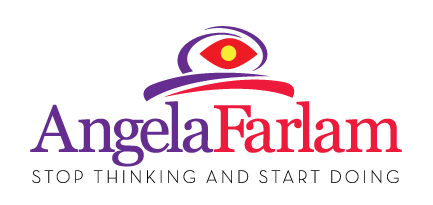Panic Attacks – What Happens and how to cope
Many people suffer from panic attacks, and often they don’t know what to do or where to turn. Let’s explore what happens during a panic attack and some coping mechanisms you can use the next time you’re feeling anxious.
When most people think of panic attacks, they think of someone suddenly becoming overwhelmed with anxiety for no apparent reason. While it’s true that panic attacks can happen out of the blue, there is usually some sort of trigger – even if it’s not apparent at the time. Here is an insight into what happens during a panic attack, what the triggers are, and how to prevent them.
What Happens During a Panic Attack?
When you have a panic attack, your body goes into fight-or-flight mode. This is an evolutionary response that served our ancestors well when they were faced with real threats, like being attacked by a wild animal. In today’s world, we aren’t often faced with life-threatening situations, but our bodies can still respond as if we are.
During a panic attack, your body releases a hormone called norepinephrine. This hormone causes a number of physical symptoms, including shortness of breath, nausea, numbness, tingling, and palpitations. These symptoms can last for up to five minutes and then disappear as the hormone leaves your body.
What Are The Triggers?
So what causes your body to go into fight-or-flight mode and release norepinephrine? It could be something as innocuous as drinking too much caffeine or as major as a traumatic event. Some common triggers include:
– Worrying about something
– Taking exams or giving speeches
– Being in crowds or enclosed spaces
– Having a medical procedure done
How to Prevent Panic Attacks?
If you suffer from panic attacks, it’s important to understand your triggers and how to avoid them. If you’re not sure what your triggers are, keep a journal and write down when you have an attack and what was happening in the hours leading up to it.
Once you identify your triggers, you can take steps to avoid them. For example, if you know that being in crowds makes you anxious, try to avoid situations where you’ll be surrounded by people. If you’re worried about taking exams, try studying in smaller chunks over a longer period of time so that you don’t feel overwhelmed.
How to Cope with a Panic Attack
If you experience a panic attack, there are some things you can do to help ease the symptoms. First, try to focus on your breathing. Take slow, deep breaths and try to relax your muscles. It might also help to picture yourself in a calm place.
Conclusion:
Panic attacks can be very frightening, but there are things you can do to cope with them. If you experience a panic attack, try to focus on your breathing and relax your muscles. And know it will pass. Remember that you are not alone and the more you learn to relax and calm the thoughts in your mind, panic attacks can even become something in the past that you no longer experience.
Book in your FREE discovery call and begin the journey to a much easier and calmer life experience.
http://www.angelafarlam.com/appointment-booking/
